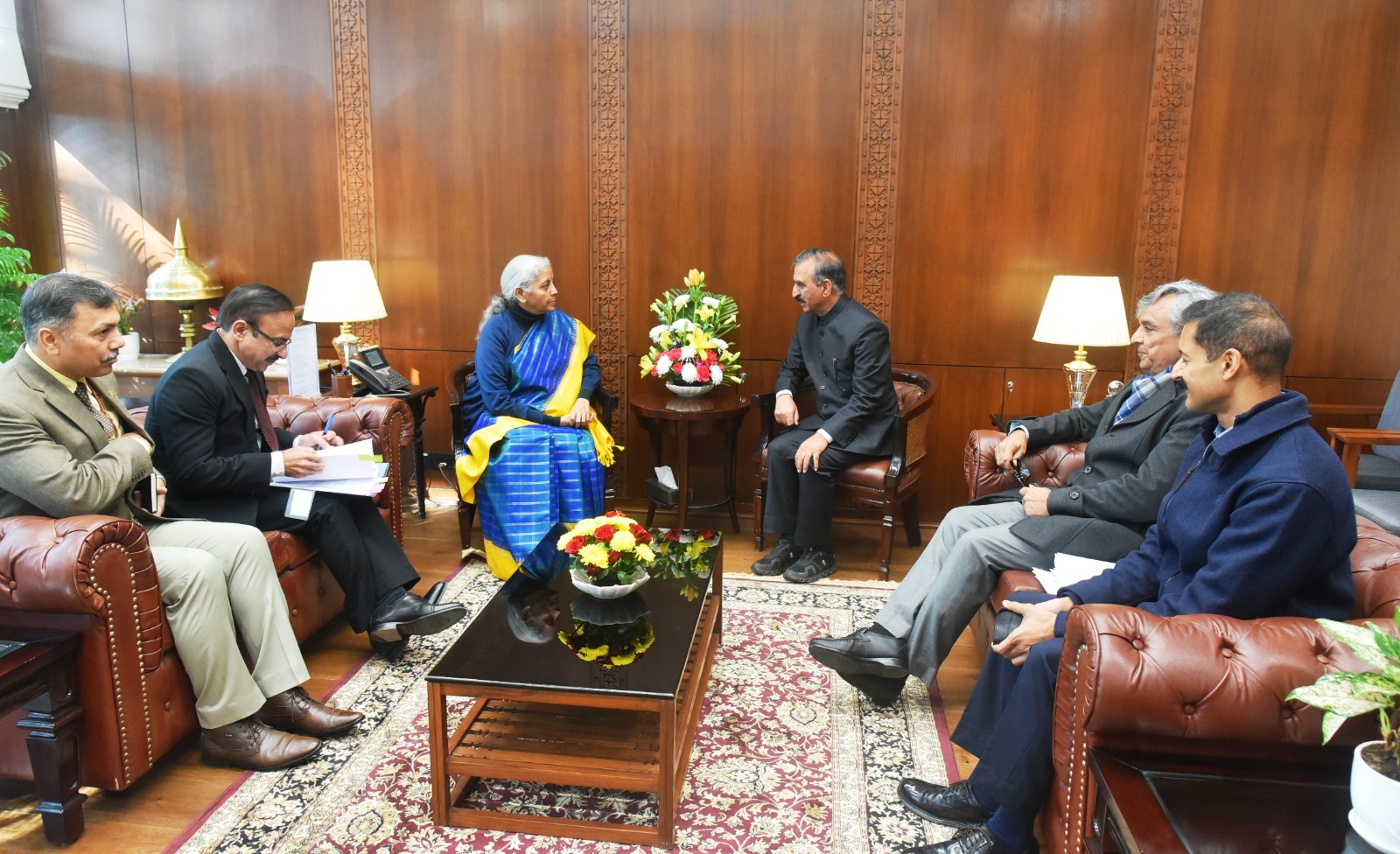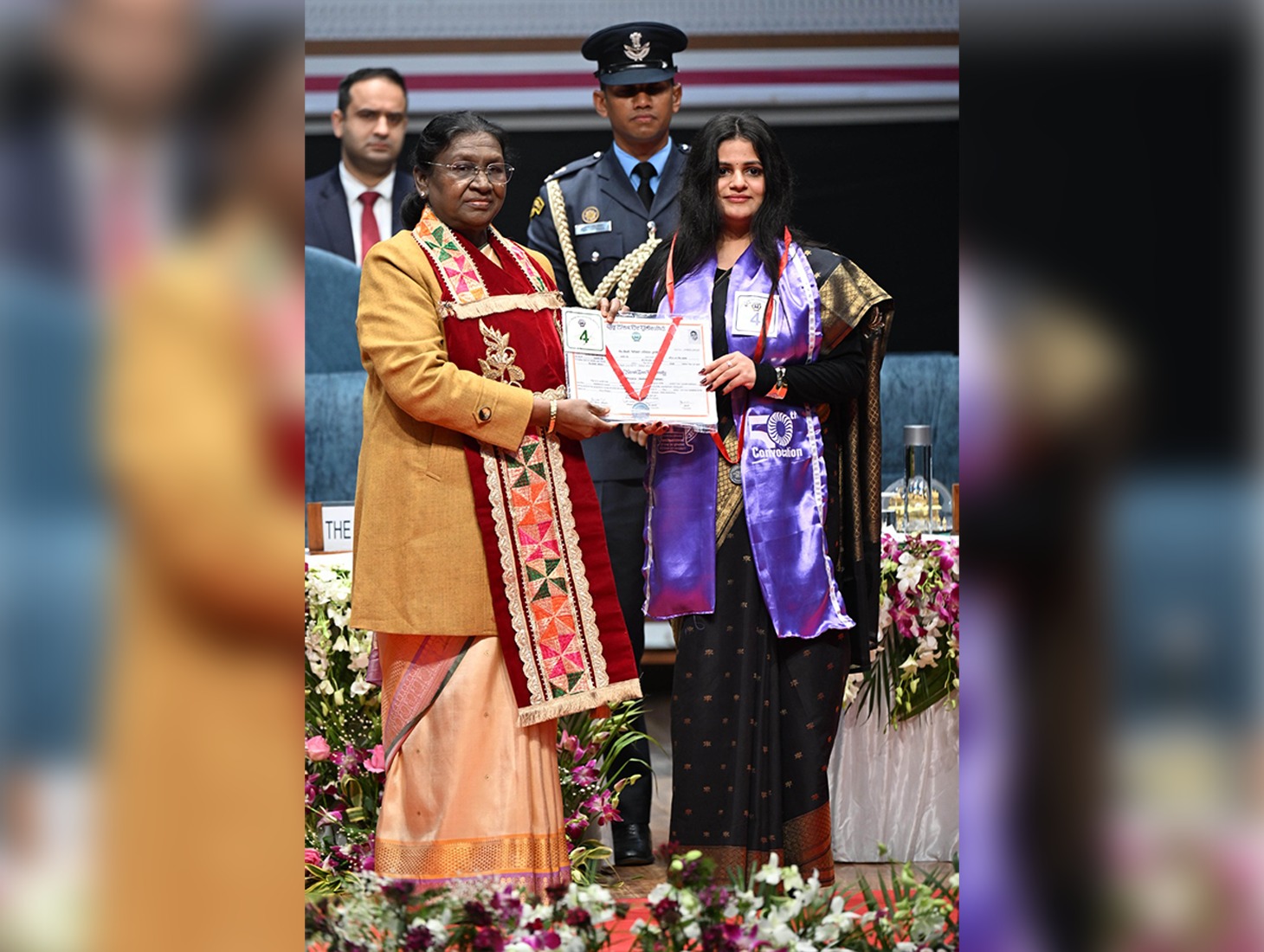The North News
Chandigarh, October 15
Ravindra Khaiwal, Professor of Environmental Health at the Postgraduate Institute of Medical Education and Research (PGIMER), has secured the top position in India in the 2025 Stanford University – Elsevier Scopus ranking in the field of Meteorology and Atmospheric Sciences.
Based on full-career performance, Dr. Khaiwal ranks first among 16 Indian scientists and 669th among 2,364 scientists globally in the Atmospheric Sciences category. For the single-year 2024 assessment, he stands second nationally and 133rd globally. In Environmental Sciences more broadly, he ranks ninth in India and 369th worldwide for career impact, and 14th in India and 246th globally for single-year impact.
Within PGIMER, Dr. Khaiwal ranks first among 49 scientists for single-year performance and second among 25 scientists for overall career impact. His achievement places him in the top 2% of scientists globally — a list of 2,30,333 researchers, including 3,372 from India.
Dr. Khaiwal has published 149 peer-reviewed papers with over 18,000 citations and an h-index of 63. Many of his works are listed as “Highly Cited” in the Web of Science database. Beyond research, he currently serves as Convener of the Knowledge Forum on Stubble, Municipal Solid Waste and Biomass under the Commission for Air Quality Management (CAQM), New Delhi.
He also played a key role in shaping India’s environmental health policy. As the principal architect of the National Health Adaptation Plan for diseases related to air pollution and climate change, his work was adopted by the Ministry of Health and Family Welfare. He also serves as the nodal officer for the Centre for Excellence on Air Pollution and Climate Change under the National Mission on Health.
The annual Stanford ranking uses a rigorous bibliometric methodology across 22 disciplines and 176 subfields, evaluating factors like citation counts, h-index, co-authorship adjusted indices, and composite c-scores. Dr. Khaiwal has maintained the top national rank since the Atmospheric Sciences category was introduced.
















